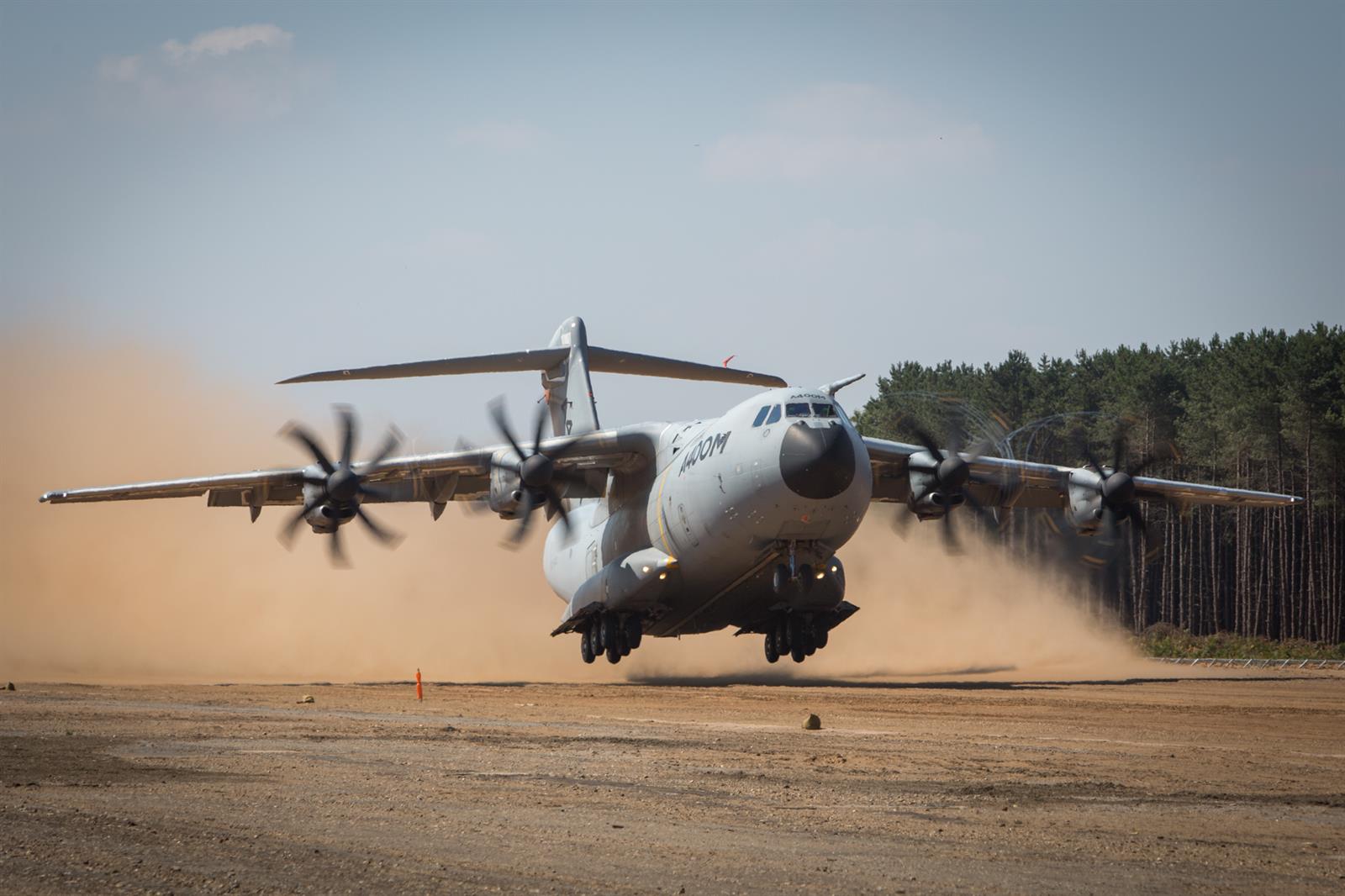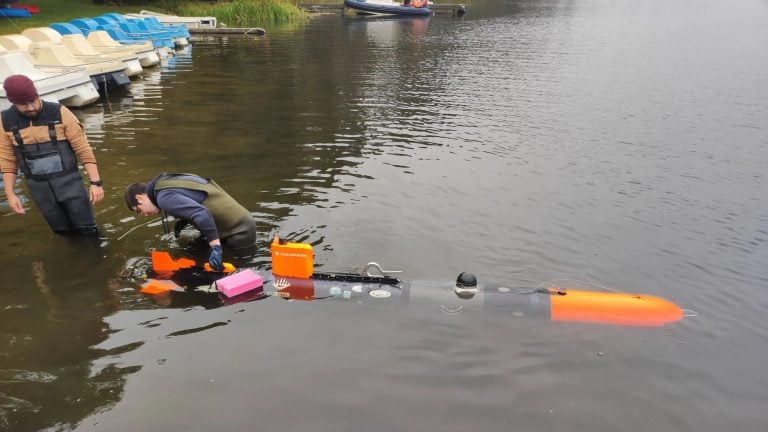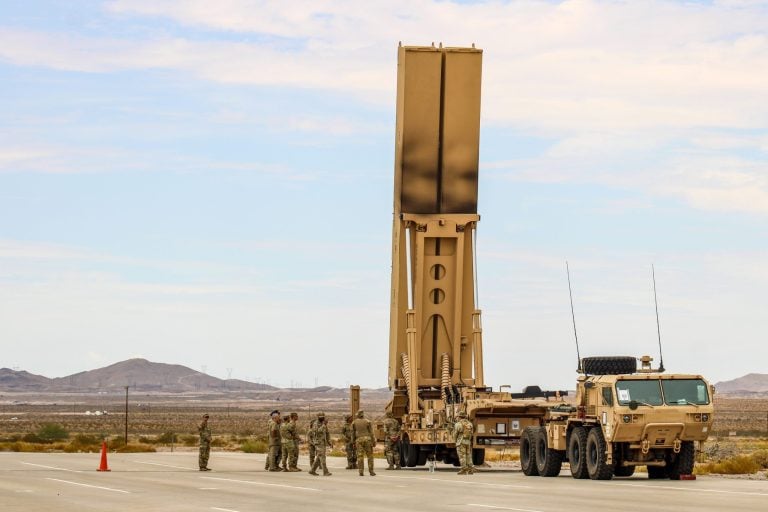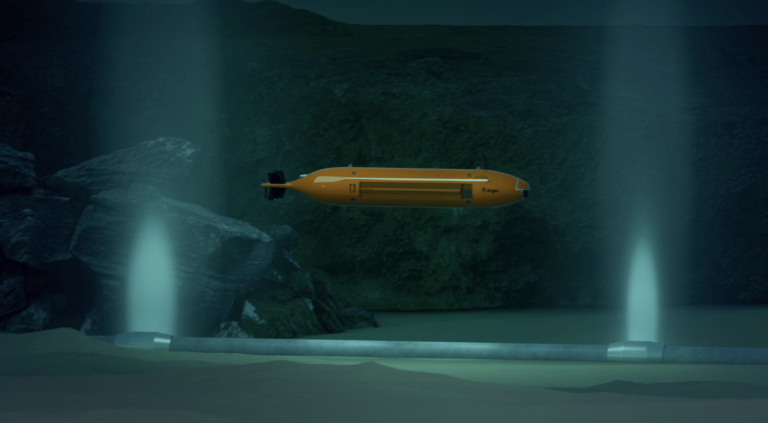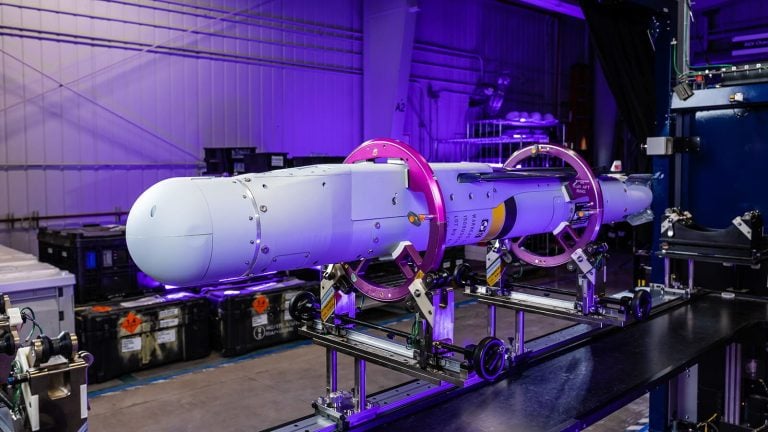The Organisation for Joint Armament Cooperation (OCCAR) has recently announced the extension of a contract that enhances support services for NATO’s A400M aircraft program. This five-year extension agreement will provide nations involved with critical airframe and engine electronic material support services, in an effort to bolster the operability of the aircraft.
In a statement, OCCAR emphasized the importance of its ongoing partnership with NATO, stating that their collaboration is driven by a shared vision focused on maximizing efficiency for operational end-users, including both flight crews and engineers. This agreement will not only sustain the current fleet of 127 A400M aircraft but also facilitate future operational commitments to the program.
Initially launched in 2003, the NATO A400M program was formalized with OCCAR following the selection of the Airbus A400M in 2000. The demand for an advanced military airlifter was identified as early as 1997 by eight NATO member countries, leading to the development of this multifaceted aircraft, which offers significant logistical capabilities.
The A400M is engineered to transport a wide variety of heavy equipment, including armored vehicles, helicopters, and specialized civil engineering tools. With the capability to operate at a maximum altitude of 40,000 feet (12,000 meters) and achieve speeds of up to Mach 0.72, the aircraft stands out in its class.
Designed for versatility, the A400M can carry a substantial maximum payload of 37 tonnes (81,571 pounds) and is equipped to hold up to 51 tonnes (11,2436 pounds) of internal fuel. This fuel capacity is crucial for maintaining extended operational ranges and endurance during missions.
Moreover, the aircraft’s unique design allows it to land on short and unpaved runways, enhancing its deployment flexibility. It can also be fitted with two pods to refuel two fighter jets simultaneously or use a Hose and Drum Unit for refueling larger aircraft, such as another A400M or a C295 tactical transport.
The extended contract signifies a continued commitment to enhancing the capabilities and operational readiness of NATO’s airlift resources, demonstrating the alliance’s dedication to responsive and efficient logistical support for its member nations.
